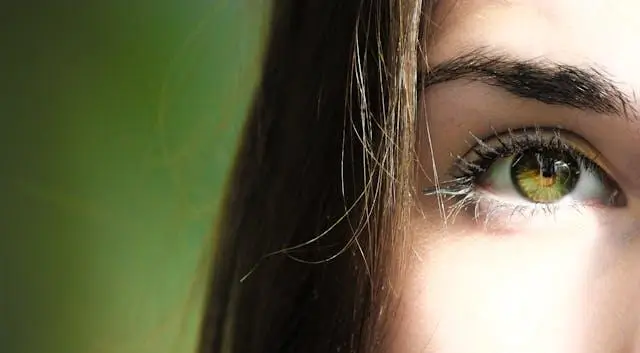Waking up with red, itchy, or flaky skin around your eyes can be uncomfortable and even a little alarming. If you’ve noticed irritation or dry patches on your eyelids that won’t seem to go away, you might be dealing with eczema. It’s not just about the itch; eczema in this sensitive area can also cause burning, swelling, and embarrassment, especially when it affects how you look and feel in public.
If you’re struggling with this issue, understanding what causes it, how to prevent flare-ups, and what treatments work can make a big difference in your daily comfort.
What Triggers Eyelid Eczema?
When it comes to eyelid eczema, the causes can vary from person to person. In some cases, it’s a result of contact dermatitis, which means your skin is reacting to something it came into contact with. This could be anything from a new makeup product to your shampoo or even the metal in your eyelash curler. Sometimes, eczema can be linked to allergies, including reactions to pollen, dust mites, or pet dander.
Other times, the cause isn’t so clear. You might be experiencing atopic dermatitis, which is a type of eczema linked to genetics or your immune system. This type can flare up due to stress, dry weather, or a change in routine.
How to Prevent Eyelid Eczema Flare-Ups
Prevention is key when it comes to keeping eczema under control. If you’ve had flare-ups before, you’ll want to avoid the things that triggered them. Try to stick with gentle, fragrance-free skincare products and avoid rubbing or scratching the area, even when it feels itchy. If you wear makeup, be sure to check the ingredients and avoid products that contain alcohol or harsh preservatives.
You should also think about your environment. If your home is dry, using a humidifier might help keep your skin from drying out too much. Keeping your hands clean is another good habit, especially since people often touch their faces without realizing it.
Best Remedies for Soothing Irritated Eyelids
If you’re already dealing with a flare-up, there are a few things you can try to calm your skin down. Start by gently washing your face with lukewarm water and a mild cleanser. Avoid hot water, as it can make the irritation worse. After washing, pat your skin dry with a soft towel, don’t rub, and apply a fragrance-free moisturizer.
Over-the-counter hydrocortisone cream can sometimes help reduce redness and swelling, but you should be cautious when using it near your eyes. Always speak with a doctor or dermatologist before using any medicated product on your eyelids. In some cases, prescription creams or ointments may be needed for more severe symptoms.
When to See a Doctor About Eyelid Eczema
If your symptoms don’t improve or seem to be getting worse, it might be time to see a doctor. Ongoing eyelid eczema can lead to skin infections or even affect your vision if it spreads too close to the eye itself. A dermatologist can help you figure out the exact cause of your eczema and recommend the best treatment plan for your skin type.
Sometimes, an allergy test might be needed to identify any hidden triggers. In other cases, a prescription cream or oral medication may be necessary. Whatever the case, getting professional advice can take a lot of the guesswork out of managing your condition and help you feel more confident in your skin.

